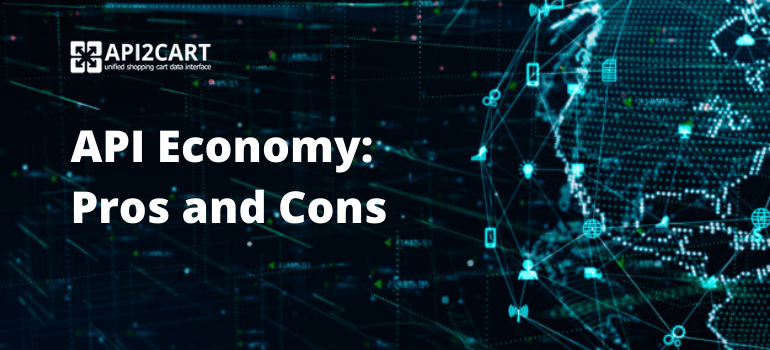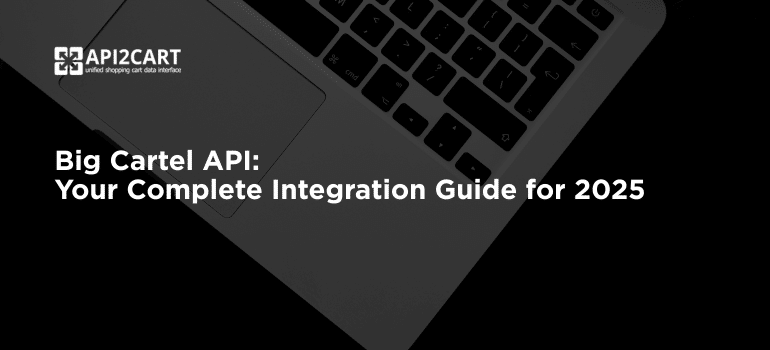
The API Economy is a concept that has been garnering attention in recent years and is striving to become an essential aspect of the technological landscape. While you probably have heard of the API economy, and you might have heard glimpses of this concept, it is important that you also know that this concept can affect your business if you are its owner. So, you should have a pretty solid idea of what it is and understand the pros and cons of this concept.
What is the API Economy?
API is the acronym for Application Programming Interface. It is a group of code that bridges different digital services and allows an app to access capabilities or information from another app. This interface gives room for different components of software to share data and communicate with themselves based on different methods of communication that are clearly defined.
The existence of wearables, smartphones, and IoT has allowed us to create a lifestyle of instant updates that we are now used to. But they have also allowed us to create other services and apps to meet up with the inexhaustible demands of the customers today. The key to this is the ease with which API can pull everything together and make them work seamlessly.
The API Economy is the integration, accessing, and sharing of core competencies within the business system. Many successful businesses and startups have built the success of their business on different types of API.
API allows open-source developers to build software apps based on data gotten from the API.
Pros of API Economy
Business enterprises are now beginning to follow the path of opening up their data and services to other people. This means that they have the chance to make money directly from their resources and capabilities. They do this by isolating a little of all that has to offer and showing this as an API to the world.
This has resulted in app developers being able to combine building blocks uniquely to create new products. For example, an app for booking taxis would likely combine API for communication, mapping, and billing. Whereas, all of these have different providers are having a layer of their own user experience on this. A good instance of this is Lyft, which uses Stripe for payment, Twilio to verify sign-up, and Google Maps as its navigation guide.
The advantage of this is the ability to inaugurating a new service without the need to start anew or build something entirely new from scratch.
The digital economy, to some large extent, is based on API. iPhone, during its early times, once took advantage of some APIs to entice some developers to develop apps and sell them on their App Store. The iOS ecosystem enjoyed the benefit of a massive exponential functionality brought in by those apps. But today, both Google Assistant and Alexa are more functional and outdoing Siri because of the deployment of open APIs, which allows developers to have more freedom to create voice experiences.
However, one of the biggest potentials that an economy is driven by API is set to enjoy is the extension of the data-sharing structure to companies that are into the software. This will open up a vast amount of possibilities in the way businesses are operated and built. With the disruption that digital innovations have brought in and is still causing, traditional businesses are now beginning to understand the importance of the access to data and flexibility which API enables.
Apps based on blockchain may also bring about another wave of API economy and this might lead to more potentials of the API economy being unlocked. By nature, APIs are made to develop interconnected systems that are efficient in sharing data, and this is the same thing that apps based on decentralized blockchain also excel at. If this is widely accepted and utilized, blockchain will enable APIs to be more transparent in sharing data and also do it in a securely encrypted manner, which protects the privacy of the user and confidential business information.
Cons of API Economy
The most significant advantage of the API Economy is its convenience and quickness and how it offers a level playing ground for everybody, allowing both large companies and small developers to include the capability for engagement to the app using the API.
However, the lack of direct contact between the developer using the API and the API provider makes it hard to determine the right API to fulfill a particular need and ensure that implementation is correct.
If you do not get it correctly, you could put the deployment of your app at risk and also lose out on all the benefits of the API Economy. For example, you could start a project in the US, making the developers choose a communications API that works best for that region. But as it grows and expands, that API may lack the right interconnectivity and scalability that you need to go past that region into a more global enterprise. This is likely to cause a scenario where you have to rip it all up and replace it, and this is usually harder to do and would take up a lot more money and time compared to if you already had the right API and have implemented it from the very beginning of the enterprise.
One huge con of API technology also is the potential that ‘bad people’ have to abuse data with the API. An example of this is the Facebook scandal with Cambridge Analytica, in which the large number of user data gotten through the permissive Graph API of Facebook were abused and used wrongly for misinformation and political manipulation. So, this risk of malicious misuse of data and data insecurity, in general, is a significant risk of the API economy.
Conclusion
Although it has its own potential risks, the growth of the API is only going to continue and it will mature even better and this will lead to many companies realizing that they can use API to successfully transform the face of their business, experiences, and relationships and also to inaugurate new services.
In case you are interested in API technology and want to know how API integration with multiple shopping platforms can add value to your eCommerce software, try API2Cart service.
API2Cart provides a unified API for integration with 60+ platforms like Magento, Shopify, OpenCart, BigCommerce, PrestaShop, and others at once.
API2Cart has more than 100 methods of managing the data form e-stores, detailed API documentation, and flexible pricing plans. To ensure data interaction security, API2Cart uses an SSL certificate and a 32-symbol API key that is offered to access the system.
If you want to know more about shopping platform integration with the help of unified API of API2Cart, contact our manager right now.



